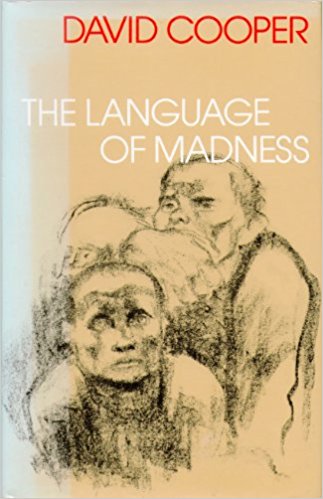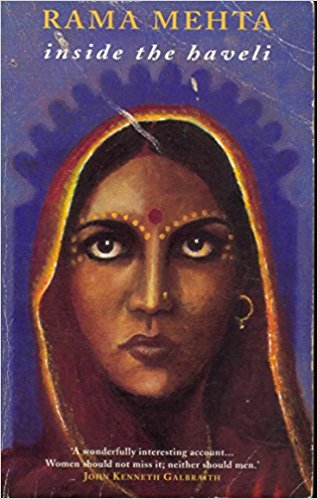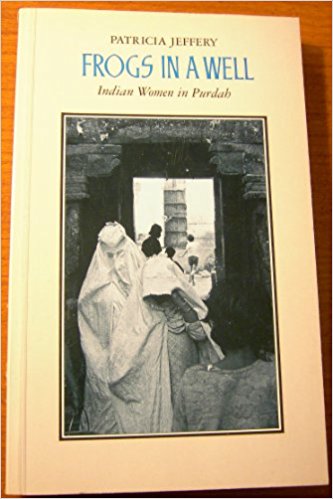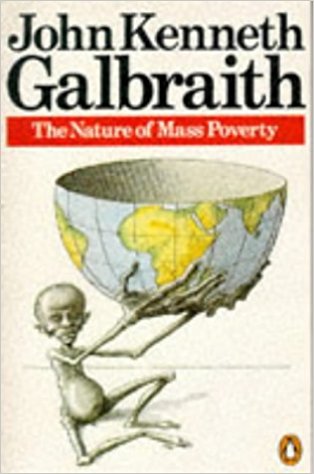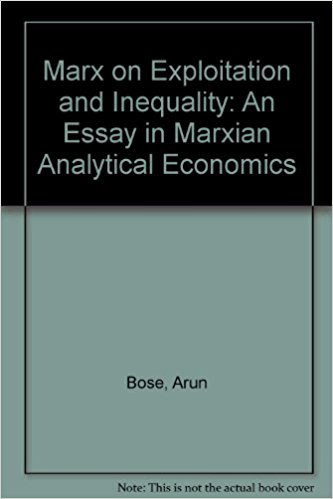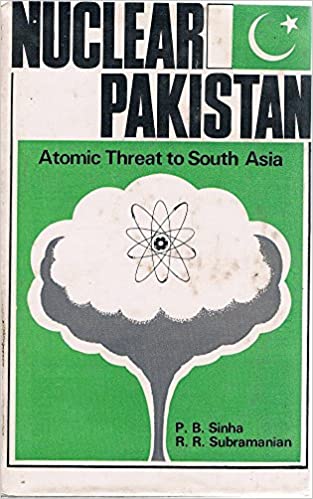Mao Zedong was the most dominant and towering actor in the long drama of the Chinese Revolution. His ability to interface the universals of Marxism-Leninism with the particularities of China created a profound organic relationship between the man and the event which he himself acknowledged.
Archives
July-August 1980 . VOLUME 5, NUMBER 7/8A central vision illumines this book: Pakistan intends to assemble a nuclear arsenal, but does not have present capability to do so. Eventually it will. India should, therefore, devise a policy to keep its competition with Pakistan below the nuclear threshold.
1980
The versatile personality of the author finds reflection in this little ‘bunch called BOOK’—as the author himself calls it. Whether it is sangeet or social work or social justice, costs or crimes or communalism, or corporate sector, religions and revolution—the author has something to say, some thought to exchange with others.
One of Freud’s distinctive departures from the psychiatric tradition of his time was to consider himself solely as the patient’s agent and thus to repudiate any obligations to the patient’s family and society.
‘Nepal is an area on the political evolution of which not enough is known as yet,’ says the author; and to meet this gaping need he sets out to make his own contribution. What sort of treatment he renders to the subject is indicated in the title itself —Nepal: Year of Decision.
In A Himalayan Tribe: From Cattle to Cash, a welcome sequel to Apa Tanis and Their Neighbours, Von Furer-Haimendorf describes his observations on the Apa Tanis whom he revisited after a gap of thirty-six years.
What does one make of pedestrian prose, a plot devoid of suspense and concerned mainly with the bric-a-brac of the lives of women in a Haveli? Add to this no subtlety to the characterization, no range, no depth and to think of it that it walked away with the Sahitya Akademi award!
Engels said of Hegel that his ‘principles’ were revolutionary but the conclusions conservative. The inexorable spread of Marxism in the 20th century has resulted in a growing trend among bourgeois social sciences to combat it by turning its progressive principles against their revolutionary thrust.
These two books have titles that sound deceptively similar. While their common theme is indeed the problem of poverty in developing countries, no two books can be more radically different in the basic approach in defining the nature of the problem and the possible directions in which policy-makers in these countries can seek a solution.
This is the third book of the trilogy that Bose has been working on, wherein he has painstakingly and with meticulous precision worked out detailed proofs and consistency exercises on Marx’s Fundamental Theorem of Exploitation.
A number of books describing the birth of Bangladesh have appeared in India and abroad, some soon after the emergence of Bangladesh as an independent country, others a little later; but few analyse the operations as objectively as General Sukhwant Singh has done in this very readable book.
One of the most difficult topics in the field of nuclear diplomacy in South Asia is, surely, Pakistan’s nuclear programme and its objectives. Documentation is hard to come by, information is sparse and rumour rife.
The Dangers of Nuclear War is in marked contrast to the bulk of the literature on nuclear war generated in the West. The central message of the book is, to quote Lord Zuckermann, ‘that wars may start as central planners predict but history shows that they rarely if ever proceed or need end as predicted.’



